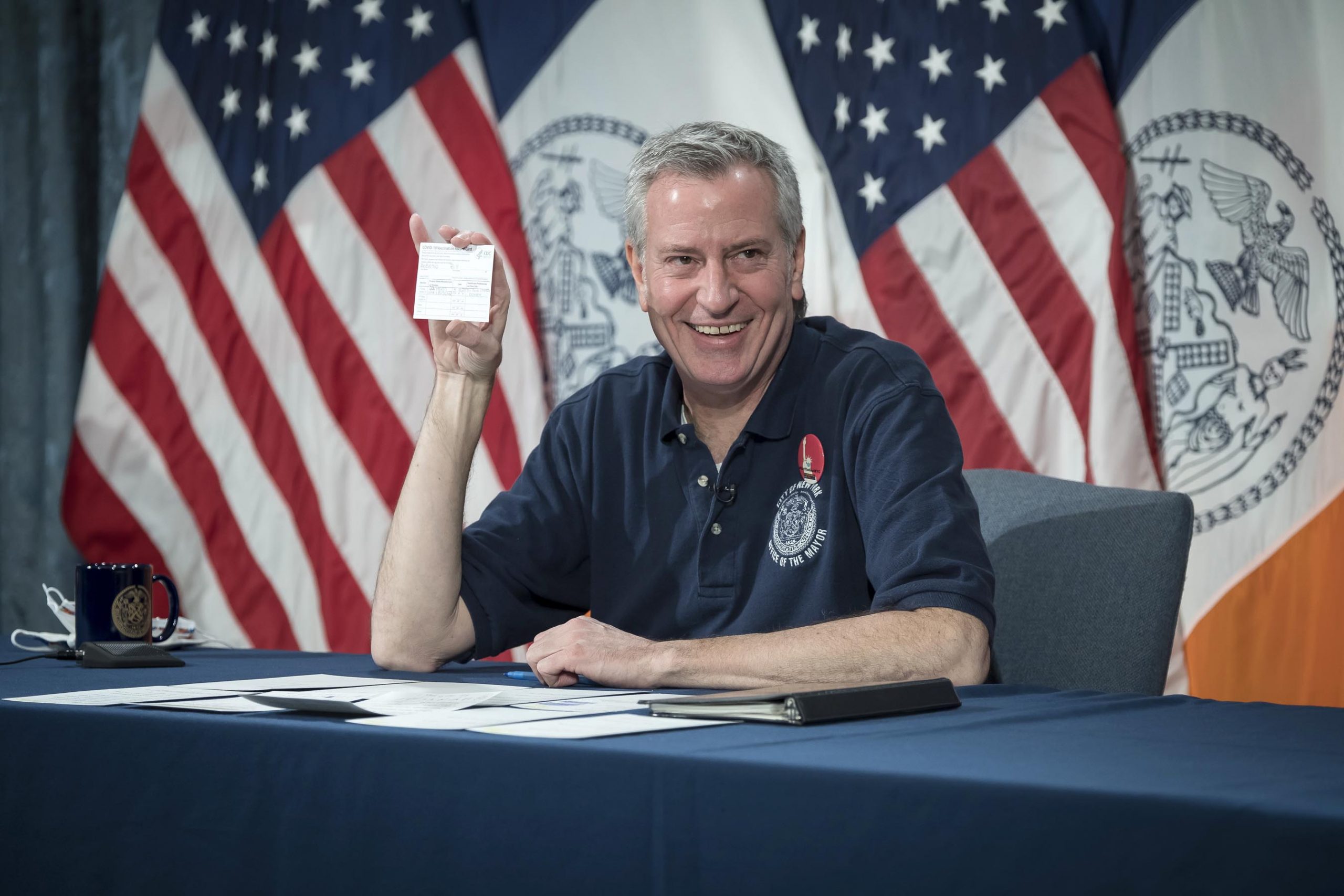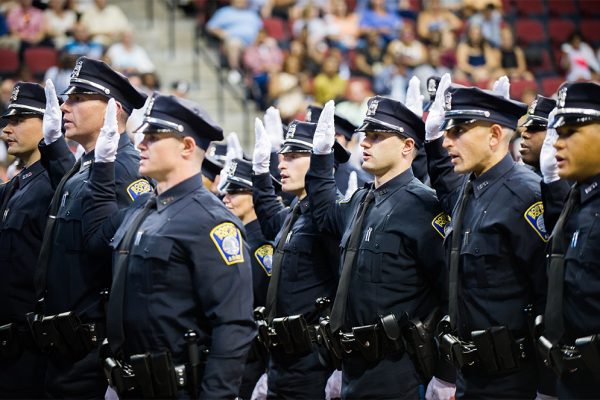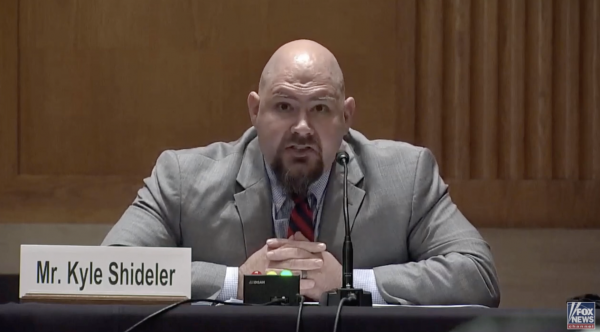It’s time to release the data that can exonerate police.
Destroying Public Safety

New York City’s abolition of qualified immunity will crater police confidence and morale.
As our leaders continue their efforts to eradicate racism everywhere they see it, ordinary citizens continue to pay the price. The New York City council recently voted to end qualified immunity (QI) for its police officers, the first city in the nation to do so. It is only a matter of time before this move is implemented in other major cities across the country. This alleged victory over systemic racism will endanger the minority citizens the measure supposedly protects.
Qualified immunity shields government officials from liability for civil damages insofar as their conduct does not egregiously violate constitutional rights. While the immunity covers most public employees, it is most often associated with the defense of police officers. If, for example, an officer in hot pursuit returns fire and hits an innocent bystander, qualified immunity could protect the officer from a civil lawsuit.
But qualified immunity does not mean that a victim has no recourse—New York City paid out $230 million to settle thousands of suits against the NYPD in 2019 alone. QI shields officers from being held personally liable. A “reasonable person” standard is used to determine if an officer is not immune from a civil suit, though courts generally do give police the benefit of the doubt.
Eliminating QI is meant to reduce police brutality, but the unintended consequences may be grave. Under the threat of prosecution or civil liability, many officers may be reluctant to be proactive or actively pursue criminals. This will be bad for those who live in the highest crime areas and rely on the presence of the police to mitigate criminal activity.
I spoke to a few of my friends who are active police officers. None are New York City cops, but all say that moves like this make them less inclined to do their jobs fully. One said he plans to retire early, while the others said you may as well just consider them firemen or crime scene investigators—that is to say, reactive—rather than police officers. Without qualified immunity, they would fill out paperwork, find shell casings, and that is about it: no more proactive policing, tackling suspects, or running toward gunfire.
If you believe most police officers are racist, you will accept some negative consequences in order to get white, racist cops off the force. But that narrative does not reflect reality. New York, like many large cities, has a majority nonwhite police force. Of the four officers I spoke to, one is Filipino, one Hispanic, and two are black; they are hardly the poster children for white supremacy.
Perhaps all government employees should be open to lawsuits for mistakes on the job. A city sewer worker who inadvertently strikes a gas line and damages a house could be forced into personal bankruptcy to pay the costs. Elected officials would get the same treatment. Without immunity, in his case absolute immunity, Governor Andrew Cuomo could be tried for over nine thousand cases of murder for forcing sick seniors back into nursing homes amid the COVID-19 pandemic, and face civil suits, too. Ibrahim E. Bouaichi of Virginia was indicted last year on charges that included rape, sodomy, strangulation, and abduction, and was jailed without bond. A judge freed him due to the dangers he faced in jail from the coronavirus; after his release he drove to his accuser’s house and killed her. That judge should certainly be sued.
The summer of 2020 saw violent clashes with police in Chicago, New York, Portland, Seattle, and many other cities; feckless local officials bowed to demands to cut police budgets. Police are feeling pressure to be less proactive, leading to a vicious circle of emboldened criminals and frightened citizens. As a result, some municipalities are hastening to restore police funding that they cut less than a year ago. But it may be too late.
Even if ending QI for police officers made sense, now is the worst time to do it. We are in the midst of a violent crime wave, combined with public hysteria about police violence. Without qualified immunity, police officers will be subjected to an onslaught of frivolous lawsuits aimed at suppressing law enforcement. This will result in more violence, less community cohesion, and further deterioration of public order. Legitimate reform in officer hiring and training is fine when it is needed, but elected officials must end their war on policing and embrace public safety as a fundamental aspect of civic life.
The American Mind presents a range of perspectives. Views are writers’ own and do not necessarily represent those of The Claremont Institute.
The American Mind is a publication of the Claremont Institute, a non-profit 501(c)(3) organization, dedicated to restoring the principles of the American Founding to their rightful, preeminent authority in our national life. Interested in supporting our work? Gifts to the Claremont Institute are tax-deductible.
No future awaits those who rage against family, work, and community.
Remarks before the Senate Judiciary Committee by Kyle Shideler.



